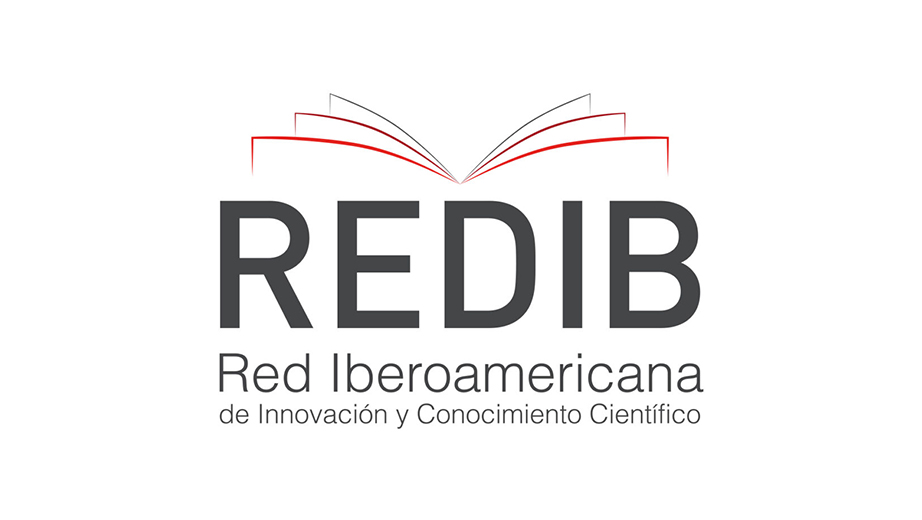Mercantilización, medicalización y mundialización de la alimentación infantil
Keywords:
medicalización, infancia, alimentación, salud / medicalization, childhood, food, healthAbstract
A partir de la constitución del Estado moderno y su proyecto de desarrollo se produjo una profunda transformación de las prácticas y los sentidos sociales en relación al cuerpo y la alimentación. Proceso que implicó la total separación entre “razón/sujeto” y “cuerpo”, donde el cuerpo pasó a ser objeto de la razón; en su versión más compleja la ciencia indaga sobre el cuerpo, la hace su objeto por excelencia y de esto ha hecho uso el mercado. De este modo, desde la segunda mitad del siglo XX asistimos a la creciente mundialización y medicalización de la alimentación con diseños comestibles híbridos tecnológicos que conjugan: alimentación y salud-consumo para acceder al cuerpo ideal. Estos aspectos operan a la hora de comprar un producto alimentario en el grueso de la sociedad, variando su intensidad entre clases sociales, géneros y edades particulares. En este sentido, el discurso publicitario opera como una compleja trama de interpelaciones que activan fantasías sociales en relación al cuerpo biológico-saludable-consumidor resultando performativas de las prácticas y sensibilidades de los sectores populares en relación a la comida. La estrategia argumentativa será la siguiente a) una breve genealogía de las técnicas y tecnologías alimentarias y el proyecto de desarrollo; b) en una segunda parte realizaremos una aproximación al discurso publicitario como dispositivo modulador de sentidos y sensibilidades en relación al cuerpo consumidor-saludable. Para esto, realizaremos un análisis de algunas escenas televisivas y de los relatos de pobladores de Villa La Tela sobre el consumo de productos lácteos, particularmente el producto llamado Danonino. Abstract: Since the establishment of the modern state and it´s development project became a deep transformation of the social practices and meanings about the body and the food. Process that involved a total separation between the "reason/subject" and the "body", where the body became to be an object of the reason; the science in its most complex version investigates about the body and makes the body its usual object, the capitalist market took that premises. Thus, since the second half of XX century witnessing the increasing mundialization and medicalization of the food by some comestible, hybrid and technological designs that combine: food and health-consumption for the access to the ideal body. These aspects operate at time of buying a food product in most of society, ranging in intensity between social classes, genders and individuals ages. In this sense, the advertising language operates as a complex web of social interpellations that activated fantasies in relation to the biological-healthy-consumer body resulting performative of the popular sector´s practices and sensibilities in relation to food. The argumentative strategy follows this order: a) a short genealogy of the food´s techniques and technologies and the development project; b) in the second part we will make an approach to the advertising discourse as a modulator mechanism of senses and sensibilities in relation with the healthy-consumer body. For this, we will conduct an analysis of the television scenes and the stories of residents of Villa La Tela about the milk product´s consumption, particularly the product called Danonino.Downloads
Published
2012-05-18
Issue
Section
JÓVENES INVESTIGADORES









